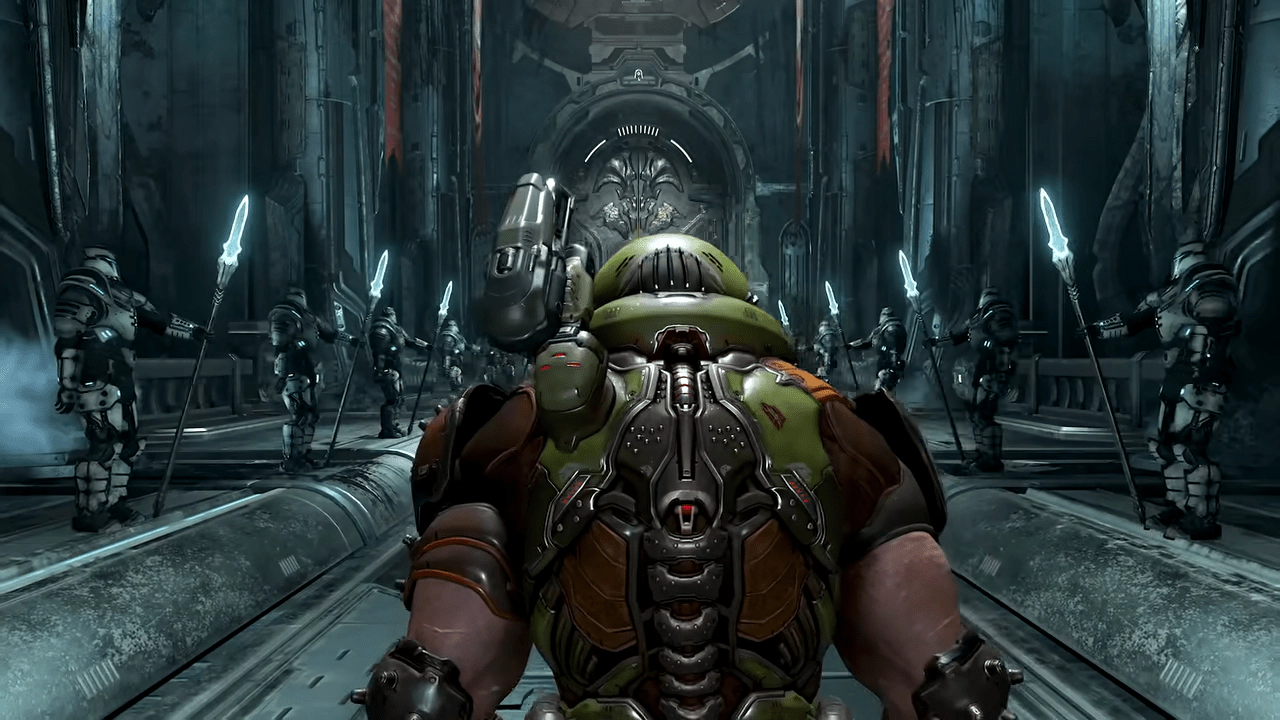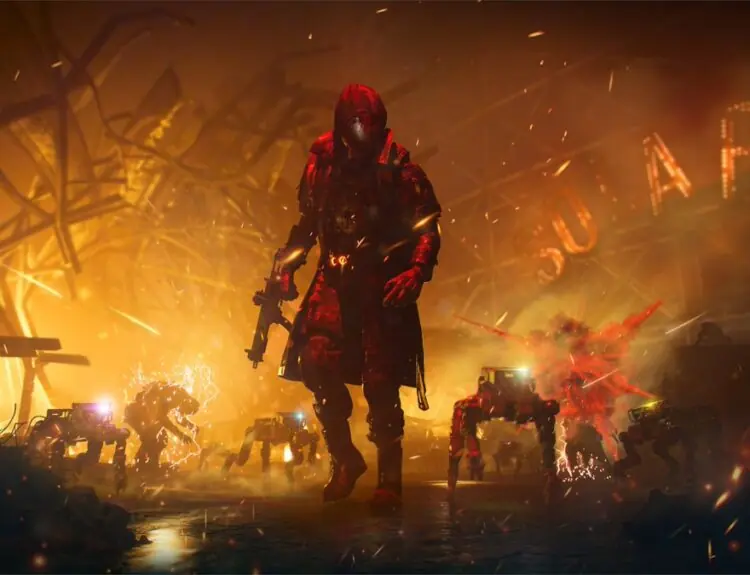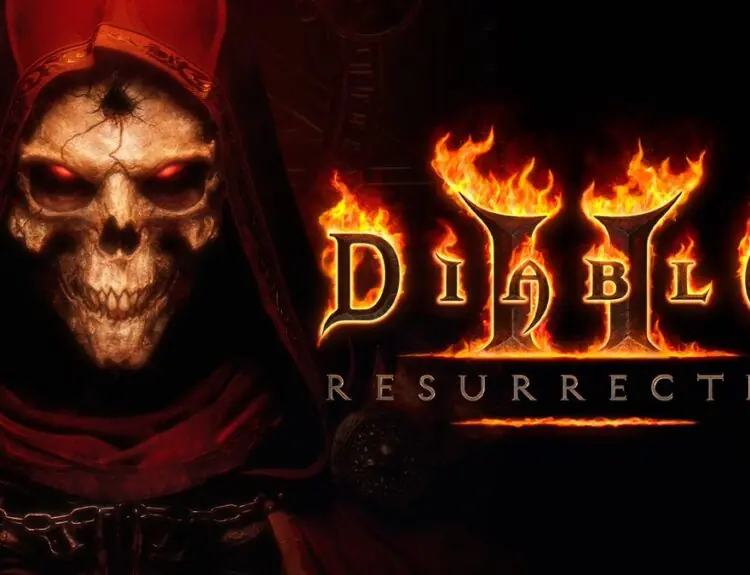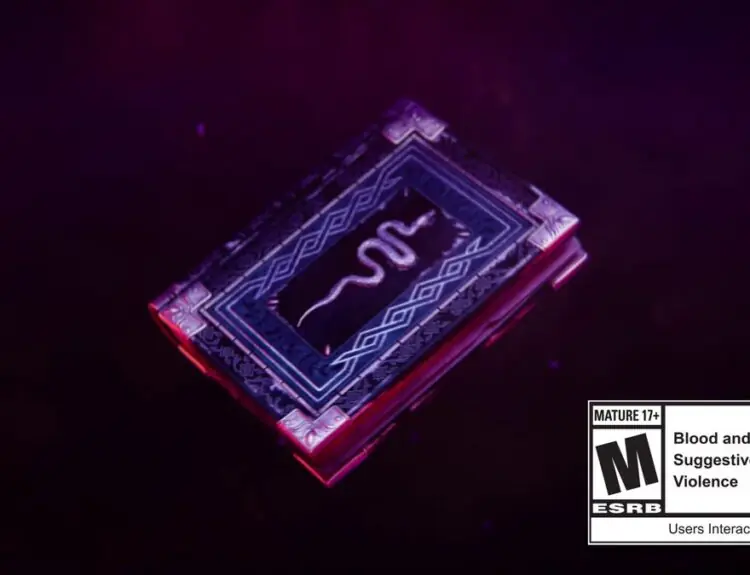Oops.
In an accident that mirrors what happened with Bethesda game Rage 2, Bethesda accidentally left a DRM-free executable of DOOM Eternal inside the file foldere when the title launched for PC yesterday. Which means that the protections that Denuvo was paid to receive have been completely circumvented by an errant thought, seconds after it released. Piracy groups online raced to push the DRM-free edition of DOOM Eternal live on torrents late last night when the mistake was originally discovered.
Bethesda similarly raced to close the security gap, yet the damage was done surprisingly fast. There has been an update that removes the DRM-free executable from the folders, so fans hoping to run a side-by-side benchmark of precisely how Denuvo affects play performance has cause to hang their heads. Unless they wanted to find it online on various websites of ill-repute.
The mistake that is quickly becoming a pattern for Bethesda does raise a few questions in regards to what their product check system looks like right now, the series of checks and balances that should verify what payloads are being pushed to paying customers, prior to circumventing every security checkpoint that Bethesda likely paid through the nose for.
A message from us to you. Thank you to our fans for your support. We are so excited to launch DOOM Eternal today! pic.twitter.com/baZAyyKHlC
— DOOM (@DOOM) March 20, 2020
Regardless, what is done is done, and we’ll likely not fully comprehend the damage done by this gaffe until well into the future, when Bethesda drops their financial earnings statement.
It’s worth noting that the pirated version of DOOM Eternal does not have the multiplayer functions that id Software have shown themselves to be rather excited for, offering a solid contrast from the mediocrity simulator that DOOM 2016 offered.
If you’ve not updated your DOOM Eternal payload yet, and attempt to use it, you’ll also be unable to access the multiplayer aspect for the title, featuring head-to-head combat as one player opts for the Marine, and two others opt to control the demons of hell.
Many critics of Digital Rights Management software are using this as a platform to continue to espouse their views that it frankly offers nothing for the paying customers; it’s mediocre protection against piracy at the alleged cost of performance, and various scene-groups have shown themselves to be rather talented in regards to cracking every new iteration of DRM that companies can devise.
Noting that The Sims 4 sold, thus far, well over twenty million copies despite a cracked version of the title being available within the first month of its release, shows that there may just be a fair criticism in there somewhere.







